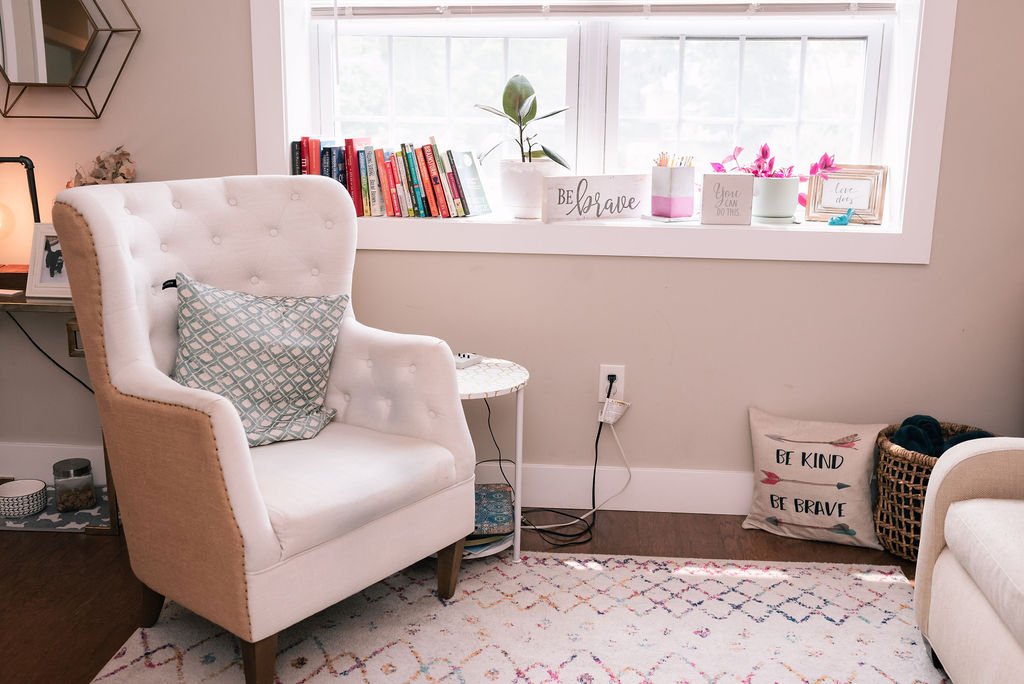
Aspera blog
Check out our blogs for more in depth resources on trauma/ EMDR and how to navigate your most challenging relationship issues.
Filter by category

Understanding Codependency in Relationships and the Cycle That Fuels It
Codependency is a complex and often misunderstood dynamic in relationships. It’s a pattern where one person’s behavior is driven by the need to please or take care of someone else, to the detriment of their own well-being. This can happen in any type of relationship, whether it’s romantic, familial, friendships or work relationships. While the intention behind codependent behaviors often comes from a place of love or concern, over time this pattern can be unhealthy for both individuals involved.

Codependency Patterns and How to Break Them
“We rescue people from their responsibilities. We take care of people’s responsibilities for them. Later we get mad at them for what we’ve done. Then we feel used and sorry for ourselves. That is the pattern, the triangle.” -Melody Beattie Codependent No More: How to Stop Controlling Others and Start Caring for Yourself.

Holding People Accountable for Their Actions
People will often come to therapy and describe being in a relationship that they would never recommend being in to someone they love. Yet, they have slowly made excuses over the years for that person's behavior. “Well, he didn’t mean it. He had a really rough childhood.” “What is my part in this?” “I can’t be angry at my parents because they didn’t have a good childhood or were more abused than I was.” These are all really common phrases to justify someone's bad behavior in a relationship.

How PTSD & Narcissistic Relationships Go Hand in Hand
“For the narcissist – reality is an aggression.” — Dr. Frank Yeomans
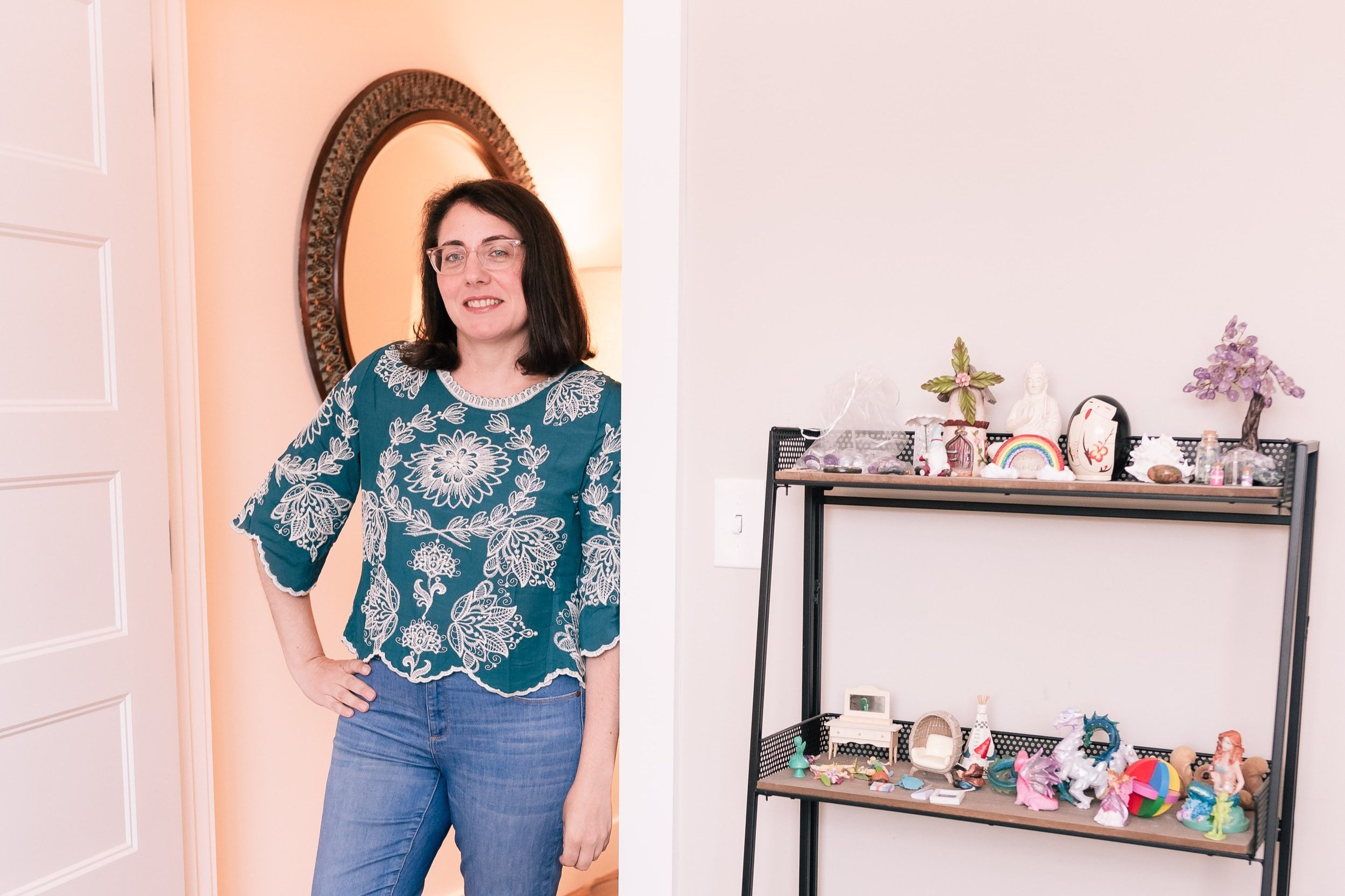
The Power of Saying No
So you’ve realized you’re codependent and now you’re not sure what to do about it? Codependency happens when we take on responsibility for others’ feelings. This is accompanied by an abandonment of our own feelings.
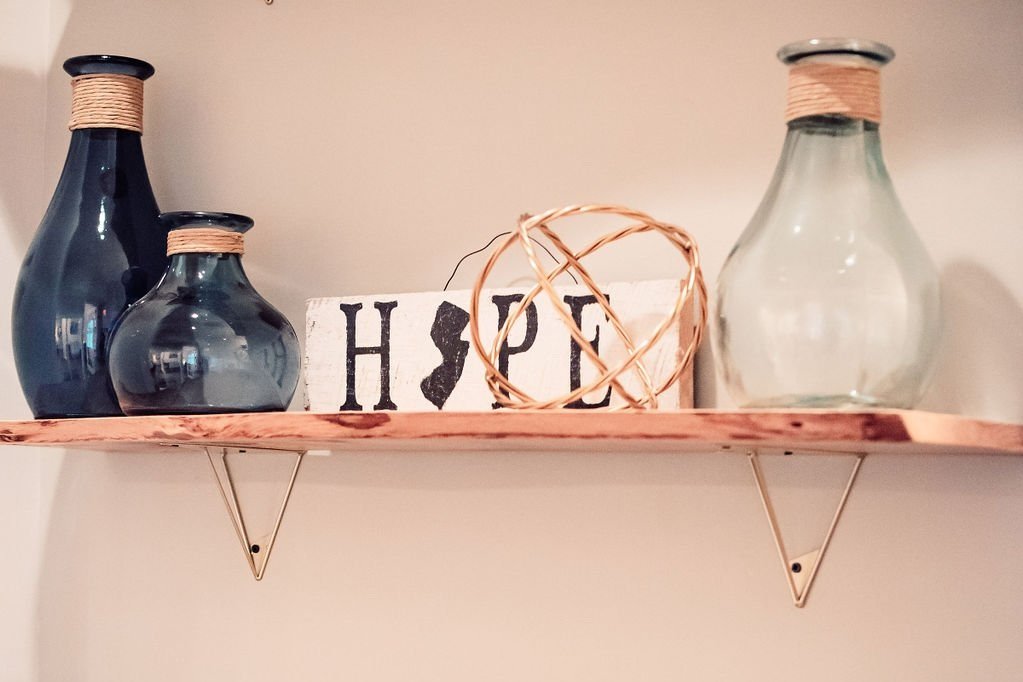
Facing Your Codependency
Codependents are people who learned that their needs don’t matter and are therefore focused on the needs of others. Problems arise when codependents focus so much on others that their self-neglect becomes detrimental to their own wellbeing and, as a result, their relationships suffer as well.
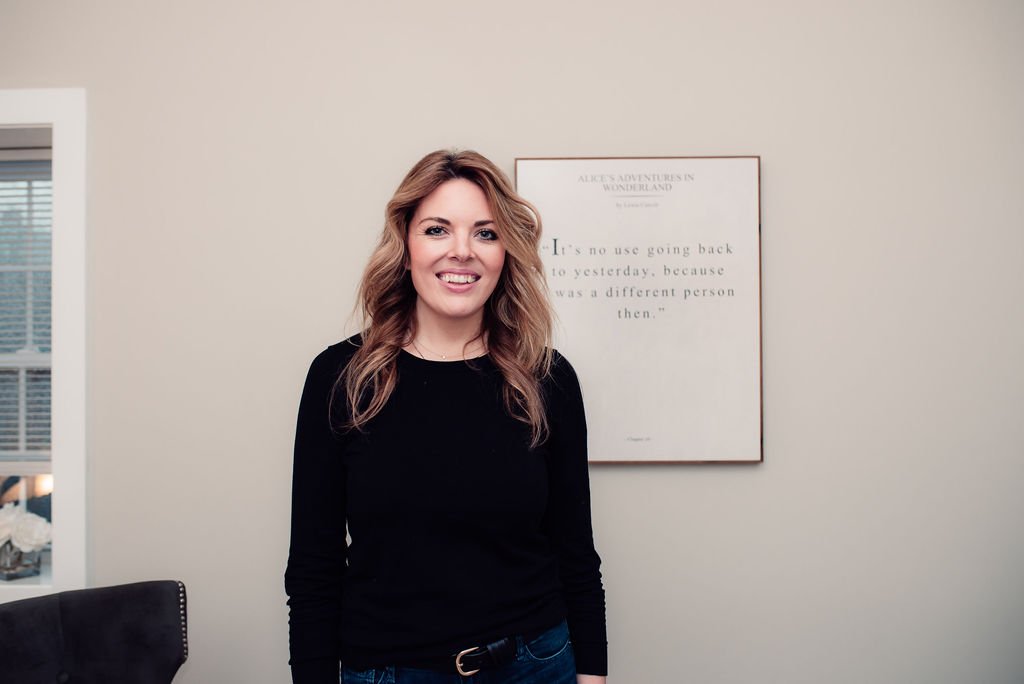
The Trap of Not Dealing With Your Codependency
Codependency doesn’t seem that bad. Usually codependents are lovely people and people love them. They are caregivers and fixers – always putting others before themselves. The obvious pitfall is if they always put others before themselves, who is taking care of them?
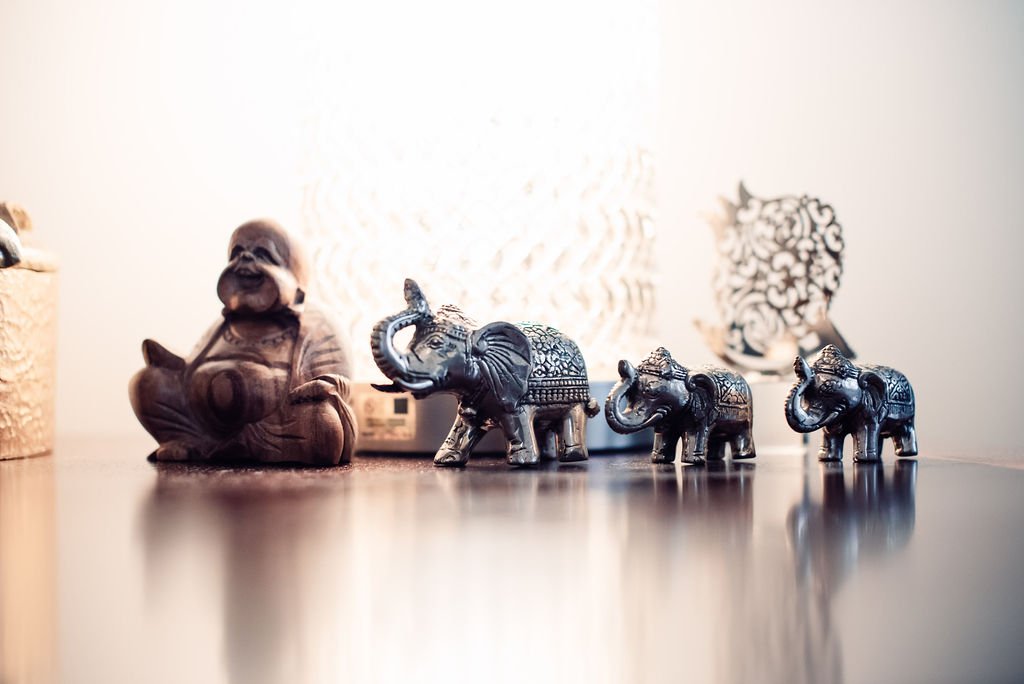
Codependency Through a Biological Lens
If you have been following along for a bit, you know that we often talk about codependency being a protective reaction to not having our attachment needs met in childhood. We find it is often helpful to think about it this way…
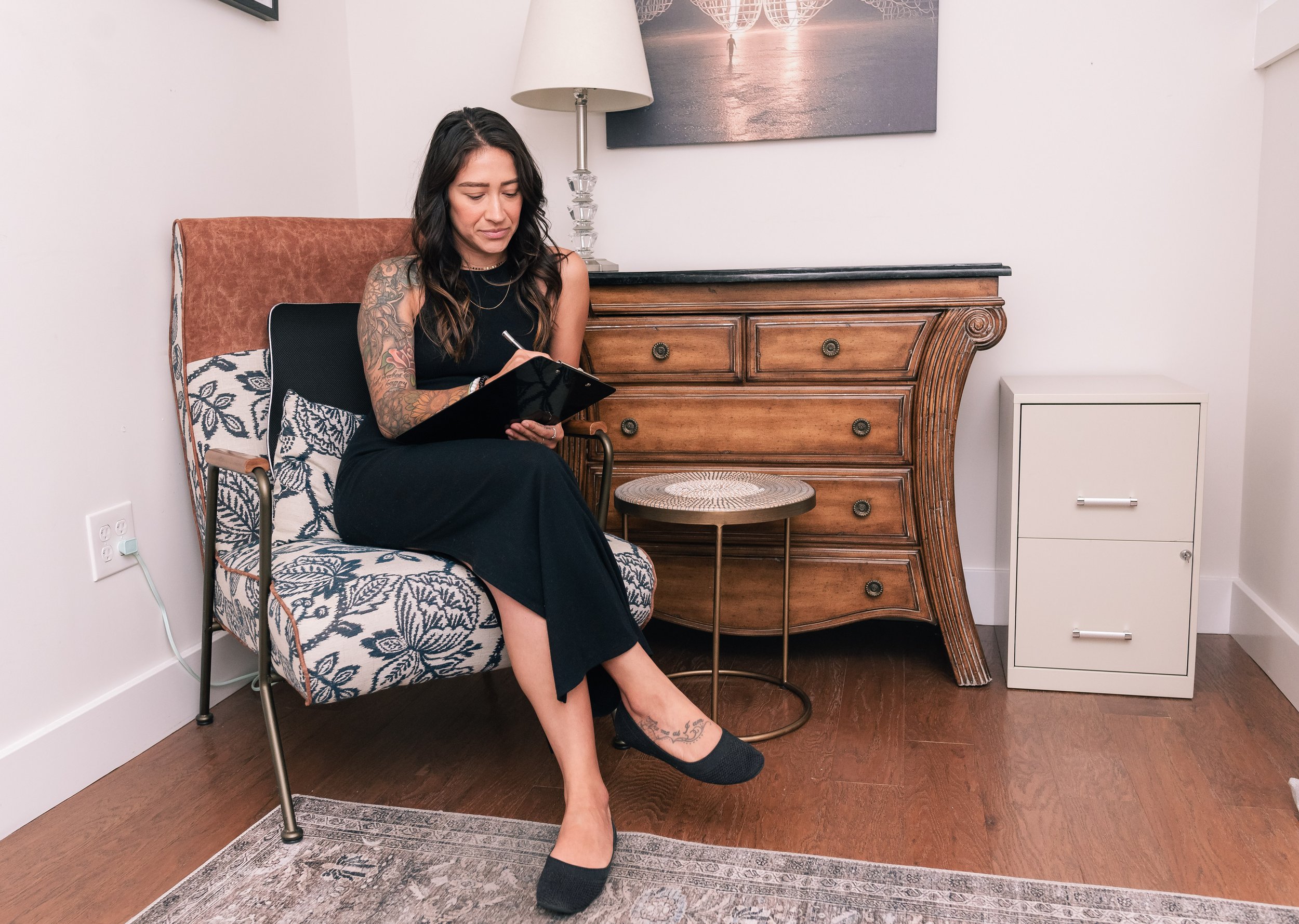
I Want to Hold a Boundary but I Feel So Mean!
Navigating a relationship with a narcissist is extremely draining. It takes so much physical, mental, and emotional strength to confront them, hold boundaries, and maintain clarity that it is often easier to tap out. If this is you please know you are not alone and we have some ideas that might help…
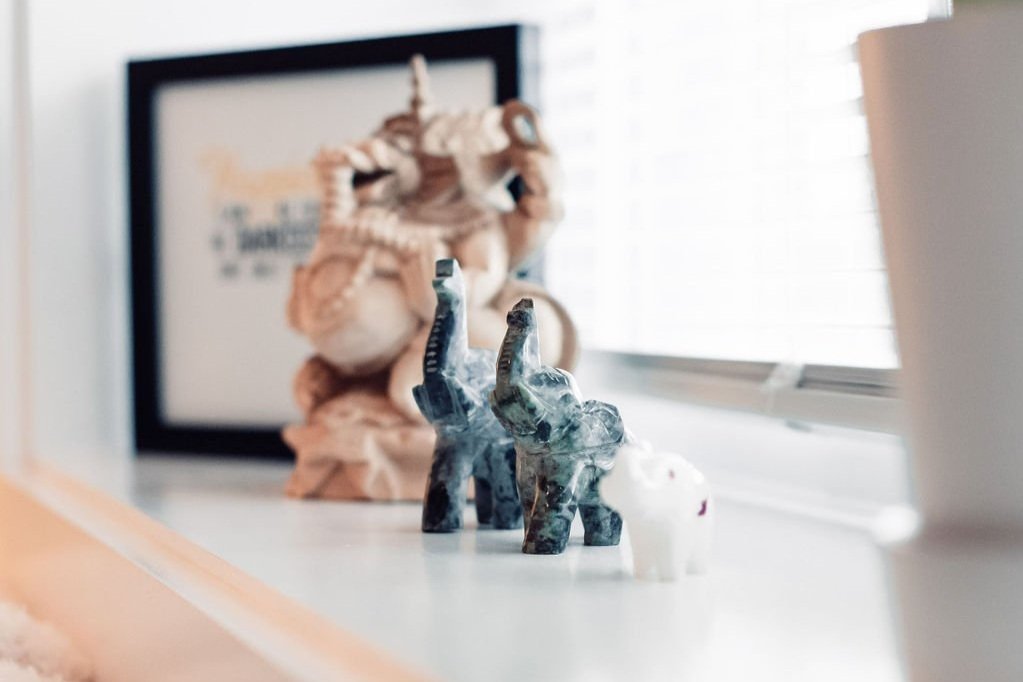
Narcissist-Codependent Relationships: The Toxic Yin-Yang Cycle
Typically where you find a narcissist, you will find a codependent. So if you’re googling “is my partner a narcissist?” yes, they probably are. And you could also be looking at what that means about you.
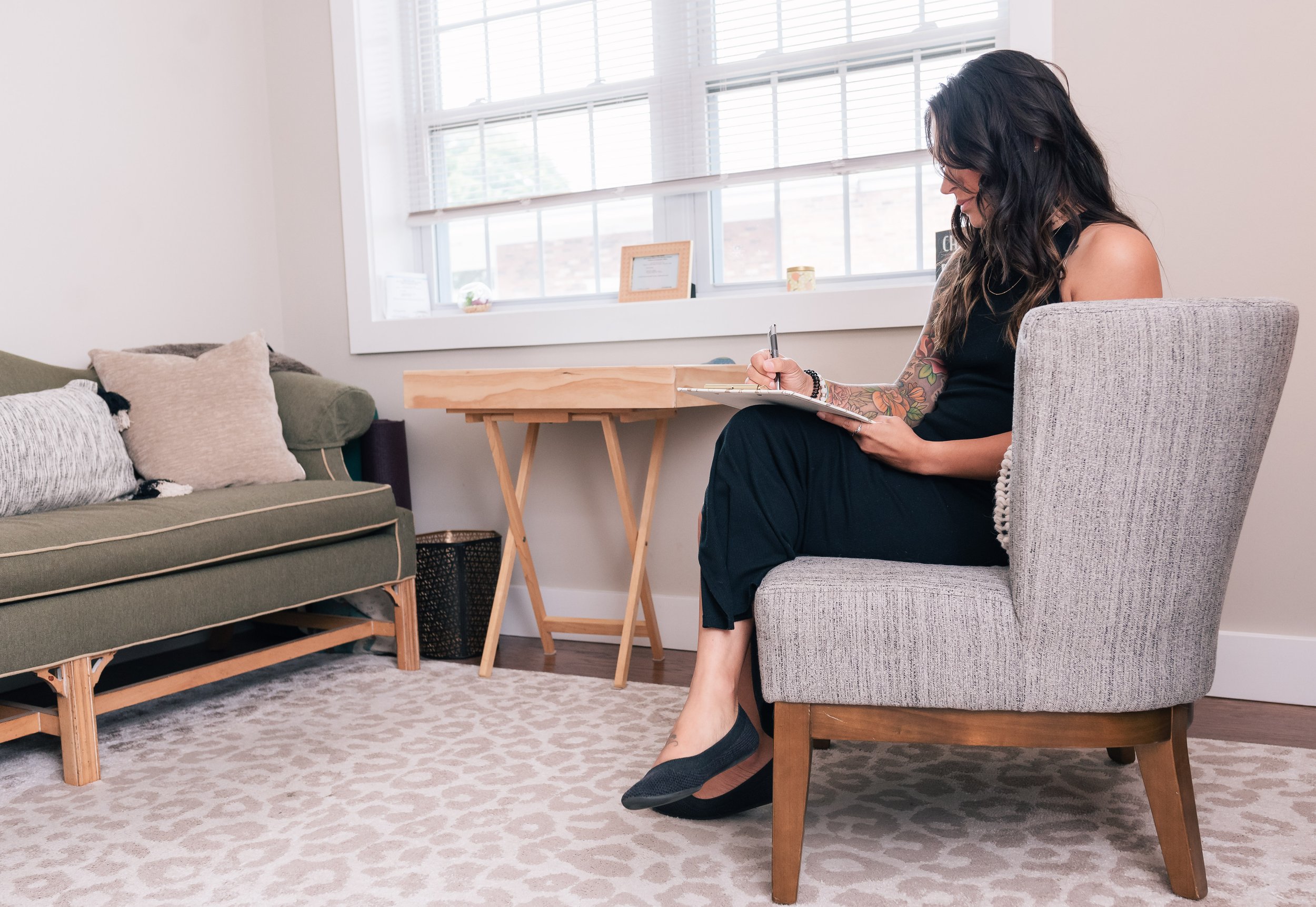
Codependency Recovery: Life on the Other Side of Codependency
We know that codependency can have a negative or even shaming connotation with it. The image is usually of a weak person who is not able to defend themselves. The reality is that people who end up becoming codependent are typically very kind, warm, compassionate people who have learned over time that their needs don’t matter.
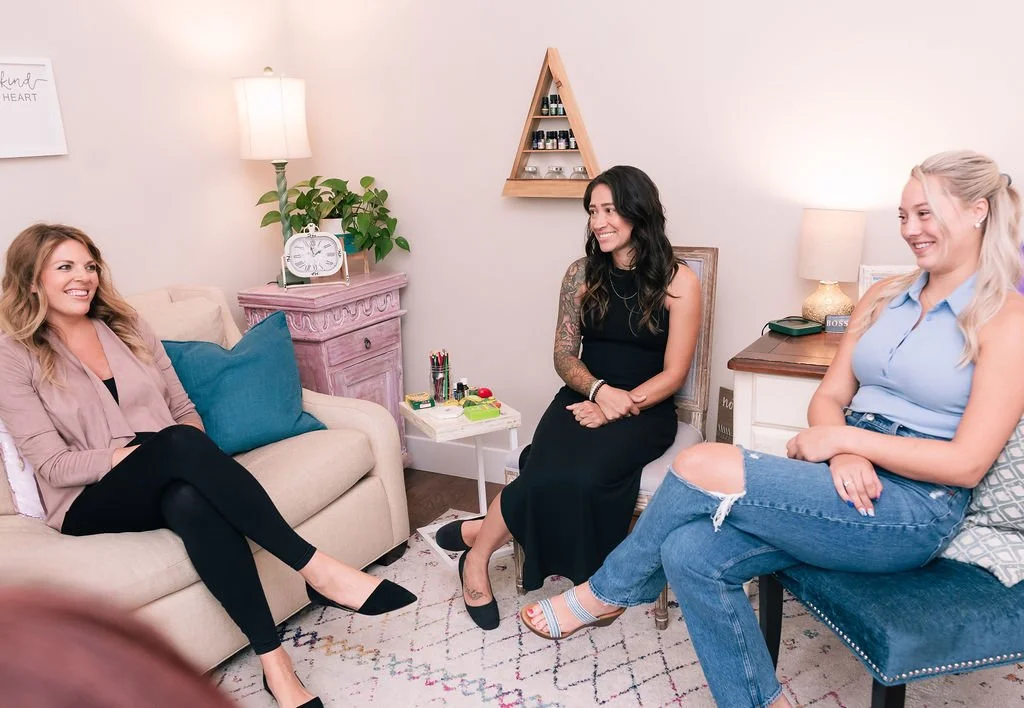
Thriving Through the Holidays: Taming Your People-Pleasing Tendencies
People pleasing is such a tricky thing to navigate. Especially over the holidays! There are so many people's expectations to manage and we can get so lost in those demands that we totally lose ourselves and end up not enjoying the season.

Surviving the Holidays with a Narcissist: Essential Tips to Keep Your Sanity
Dealing with the narcissist in your life is absolutely draining, especially over the holidays! Here are some things to remember.

Common misconceptions about narcissism and codependency
It is always important to remember that someone with narcissistic tendencies and a full-blown narcissist are not the same thing. Narcissism exists on a spectrum. While some of the above list could feel like red flags, it is important to be able to distinguish the difference between healthy and unhealthy or relational and nonrelational behavior.

The most surprising thing about codependency
When you think about the fact that codependency develops as a way to protect yourself in a situation that your body felt was unsafe, it really takes away the shame and stigma of the word.

